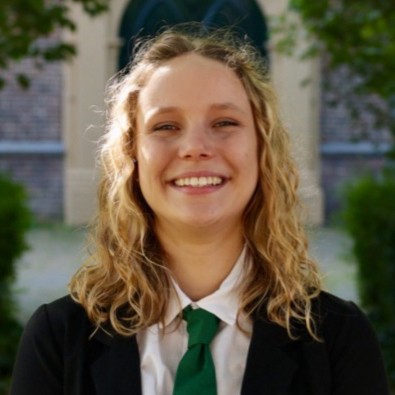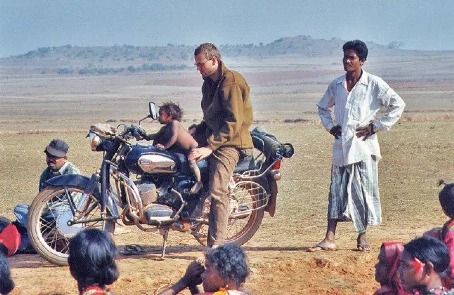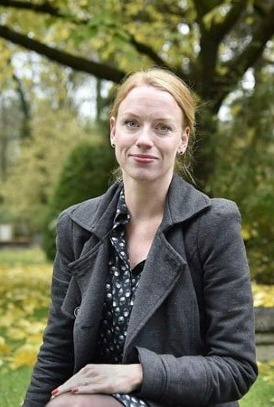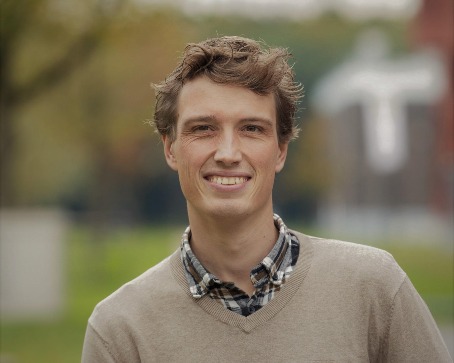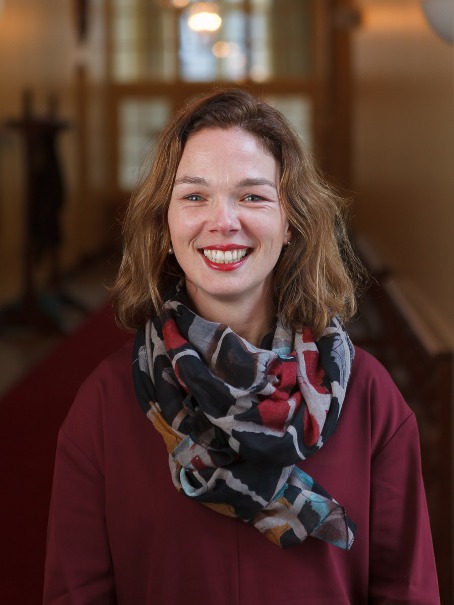Lena Höllisch (Germany) has studied BA Religious Studies in Groningen. Currently, she is doing a Master’s programme in Anthropology and Development Studies elsewhere.
"I chose to study in the Netherlands because I wanted to explore different cultures, places, and languages. After quite a long search I decided to study Religious Studies in Groningen since the programme seemed to be a collection of all the studies that I was interested in and could not choose from. Fields like philosophy, psychology, politics, sociology, art studies, media science, history, human geography, and last but not least: anthropology. This numerous and wide assemblage of different approaches and perspectives convinced me that this was the right study for me.
Throughout my years of studying, I encountered topics that made me question what drives us as human beings. Why do we do what we do? What makes us happy? How can we move towards greater peace and connection as people? …And indeed the international, interdisciplinary place of research and education, the engagement with other students and teachers, brought me closer to understanding those questions and pondering about possible answers and approaches to answers.
Anthropology was at the heart of many, if not most articles we read and in the discussions that we had. For example, when talking about the practices of religions (how people act out their beliefs in day-to-day lives), texts about anthropological research and fieldwork were ever-present. Anthropological topics and research sparked my interest the most. I love getting out there, talking to people, deeply listening, observing, and participating in new environments. Many times, I started out conducting fieldwork with a certain view, which after a day got crashed in the most beautiful way possible, in awe of how different things turn out to be if we look closer and deeper.
My favorite course was the course “Religion, Diversity and Identity”. In the first half of the course, we read and discussed literature about ‘super-diverse’ cities. But my absolute highlight was that at the end of the course, we spent a week doing ethnographic fieldwork in the “Oude Westen”, a neighborhood in Rotterdam.
After graduation, I want to use my anthropological skills in my future job. At this moment, I am in the process of applying for the waterboard (Waterschap) for my internship. If I get to work there, I would like to research (using an anthropological approach) how the waterboard and the inhabitants/ owners of a specific area can effectively work together on nature conservation."


